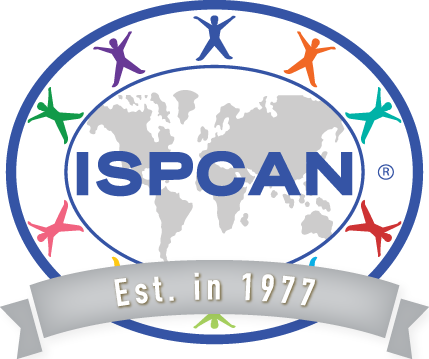Street & Working Children
The goal for this group is to develop health standards of practice for invisible children who have many challenges. We will analyze data trends at national and international levels to inform policy development. The group is open to members from a range of countries and partners who can work with us to find solutions.
Convener: Shanti Raman, ISPCAN Board Member
Convener: Shanti Raman, ISPCAN Board Member
Mental Health
We are bringing together trauma informed care and practices that would be beneficial to any community. The goal is to develop practical tools and resources that make providing mental health care attainable for children and families.
Convener: Brooks Keeshin, ISPCAN Distinguished Advisor
Convener: Brooks Keeshin, ISPCAN Distinguished Advisor
